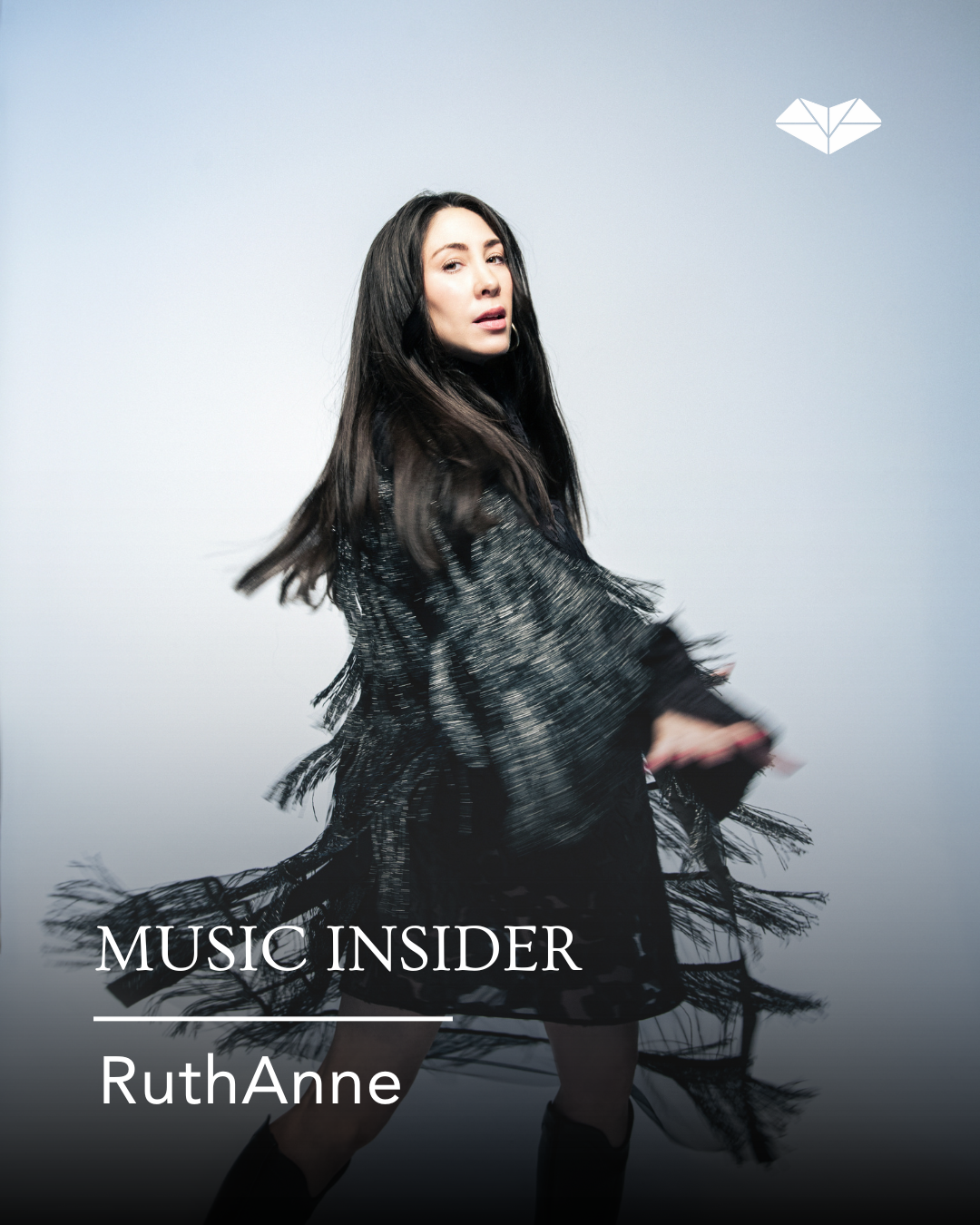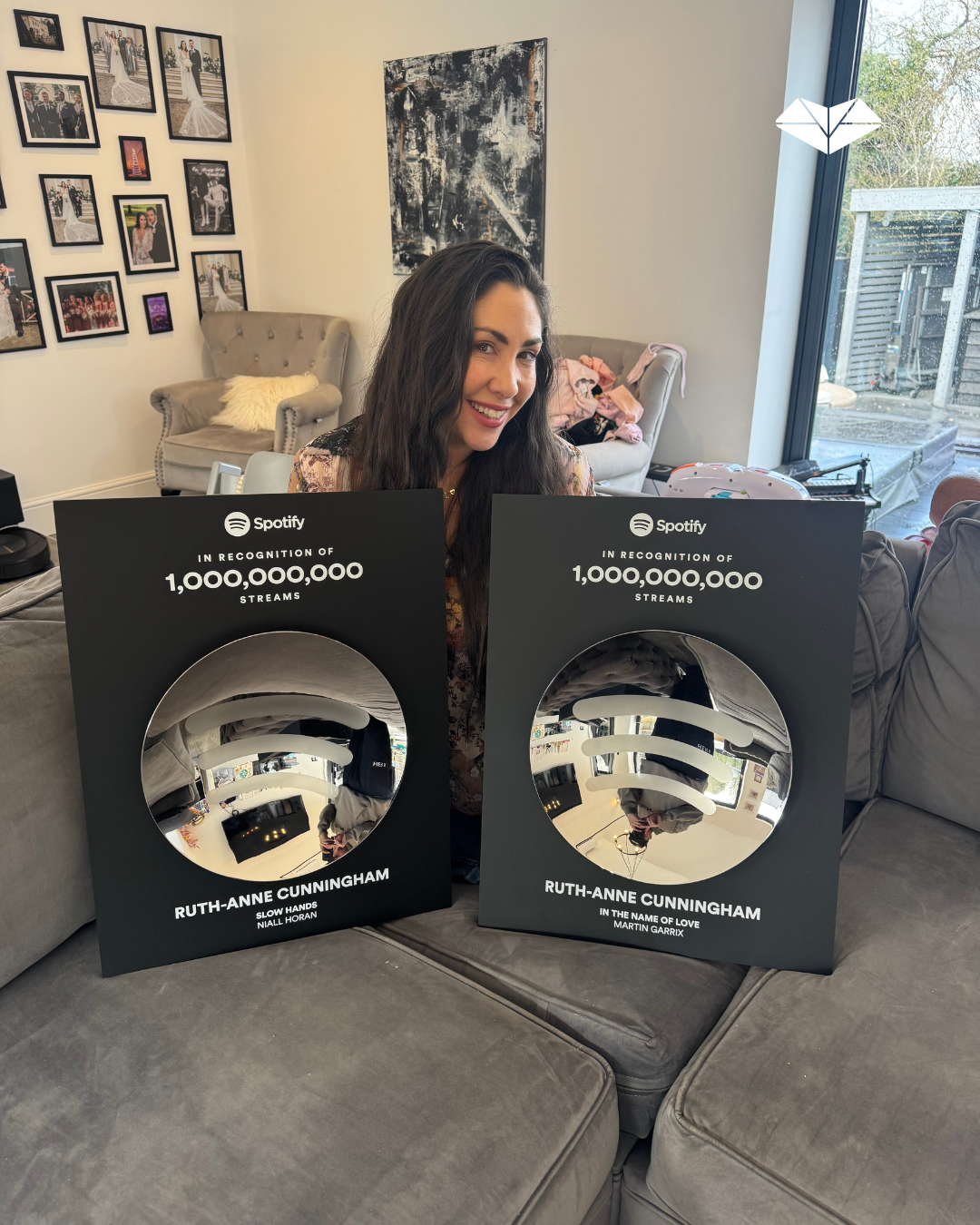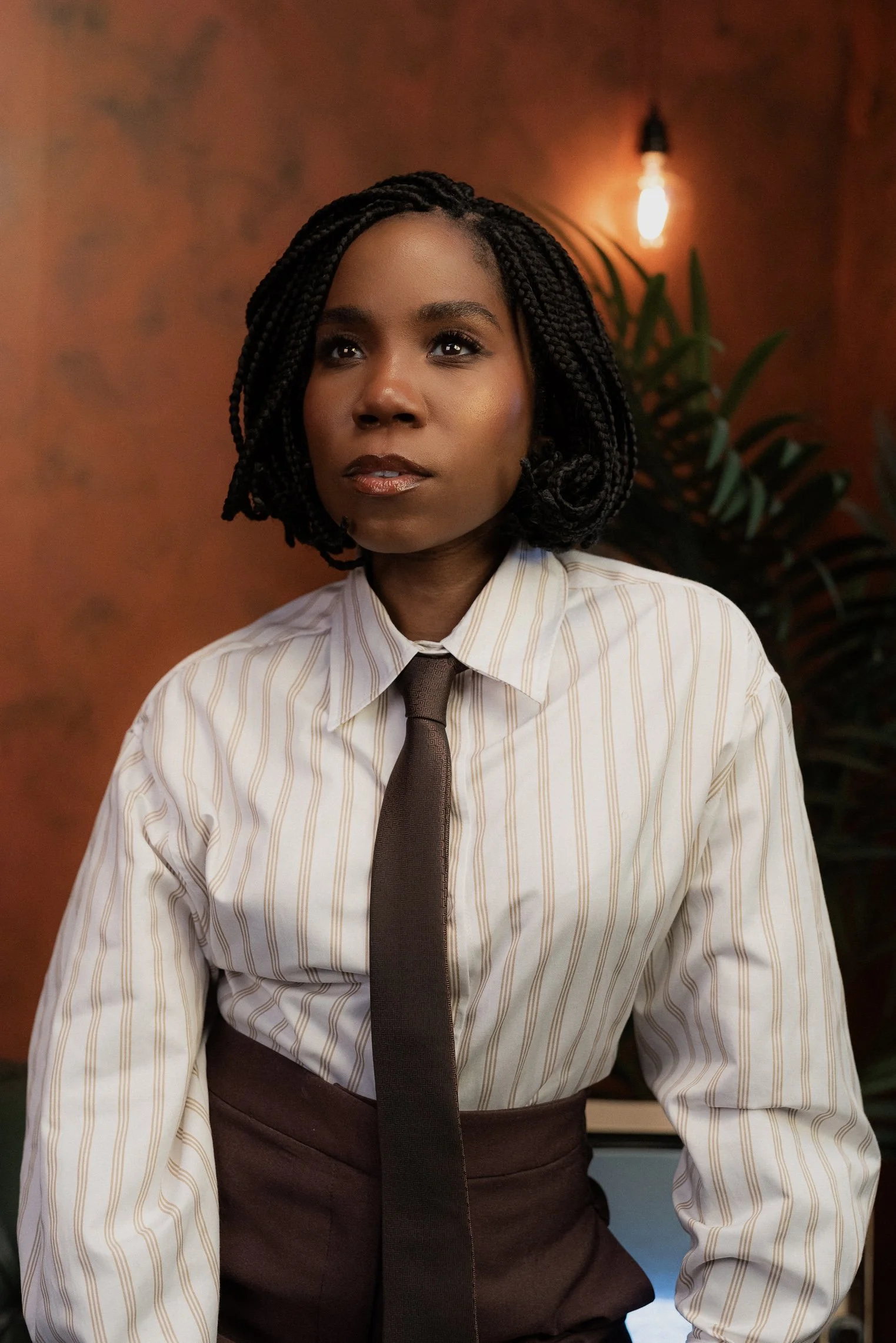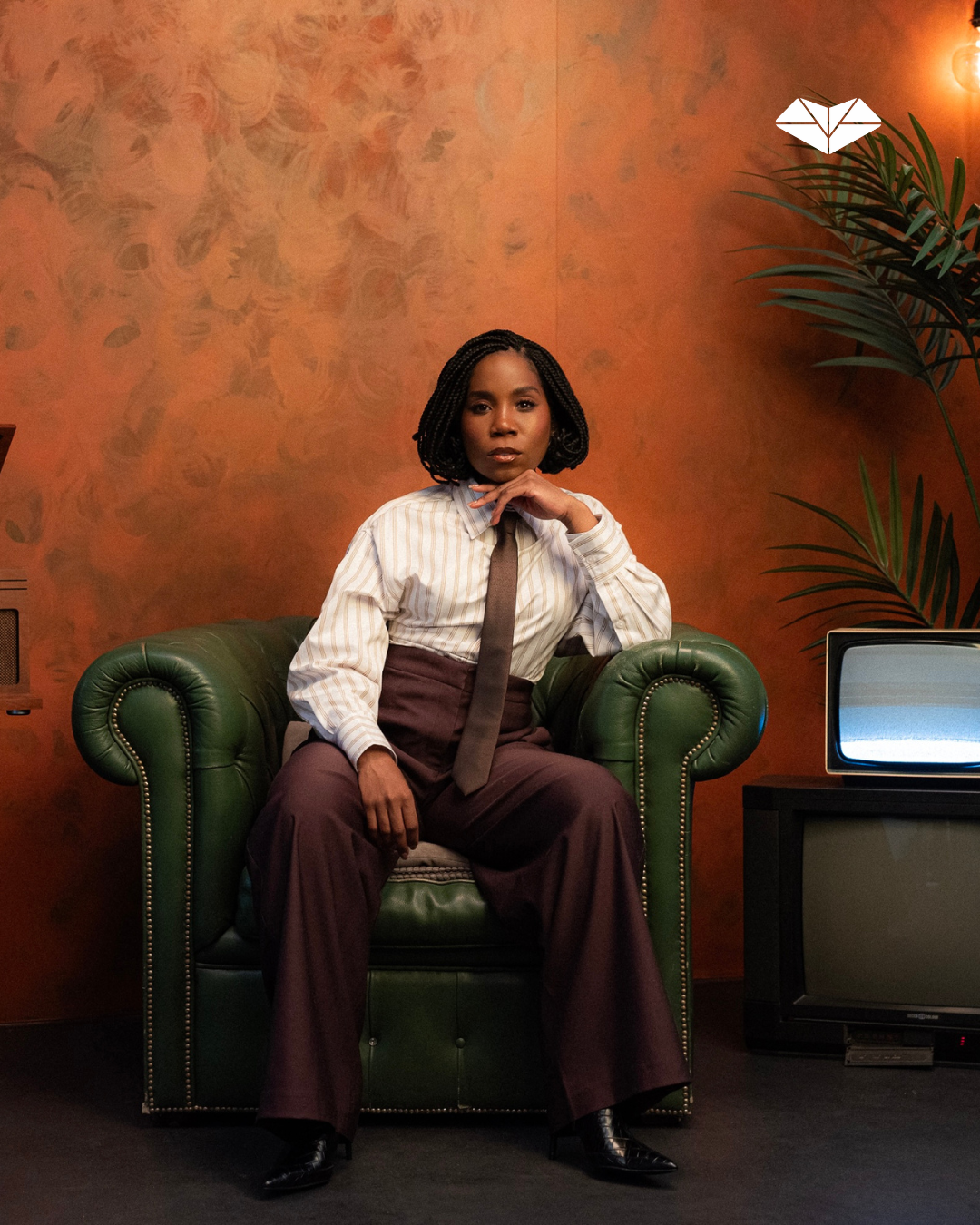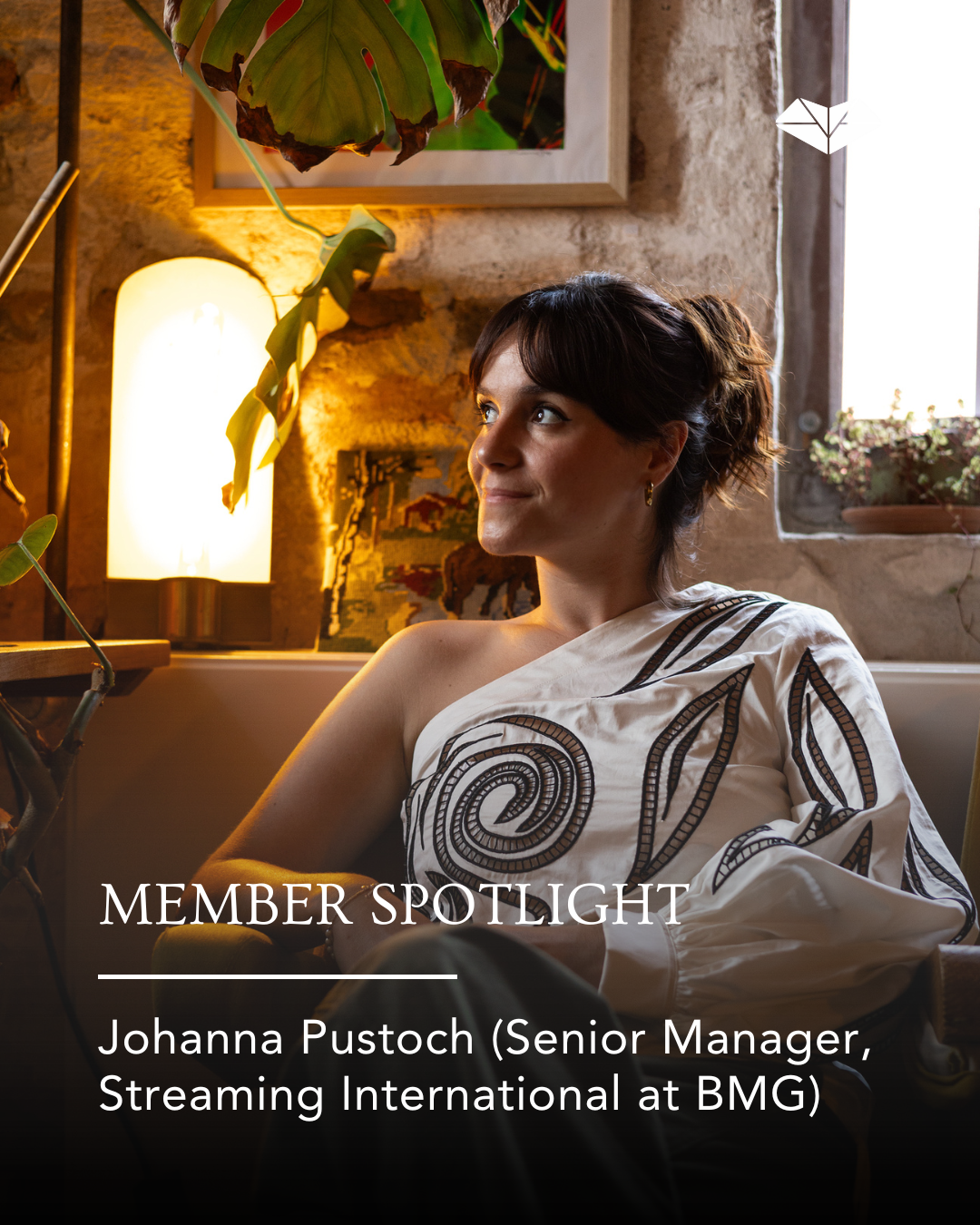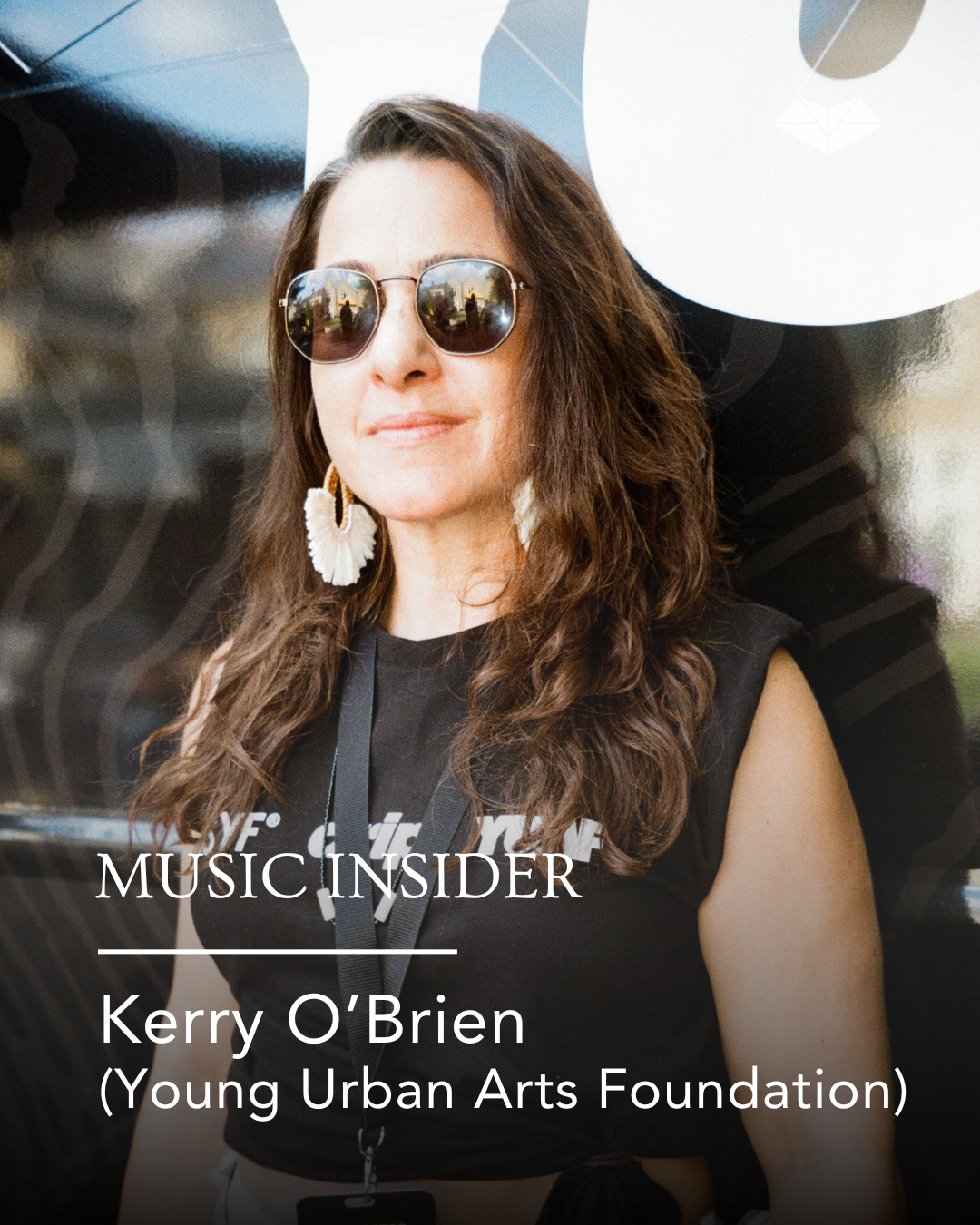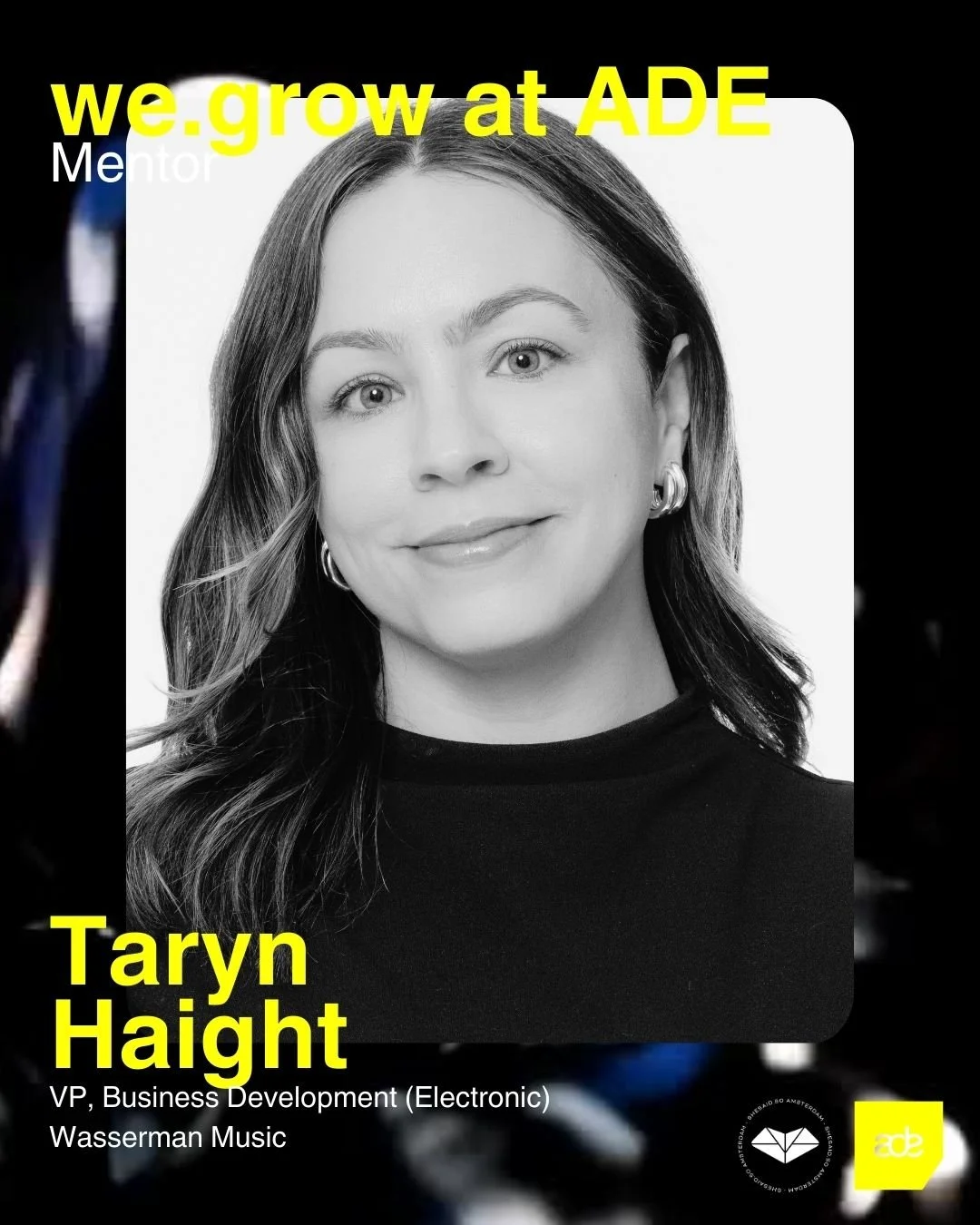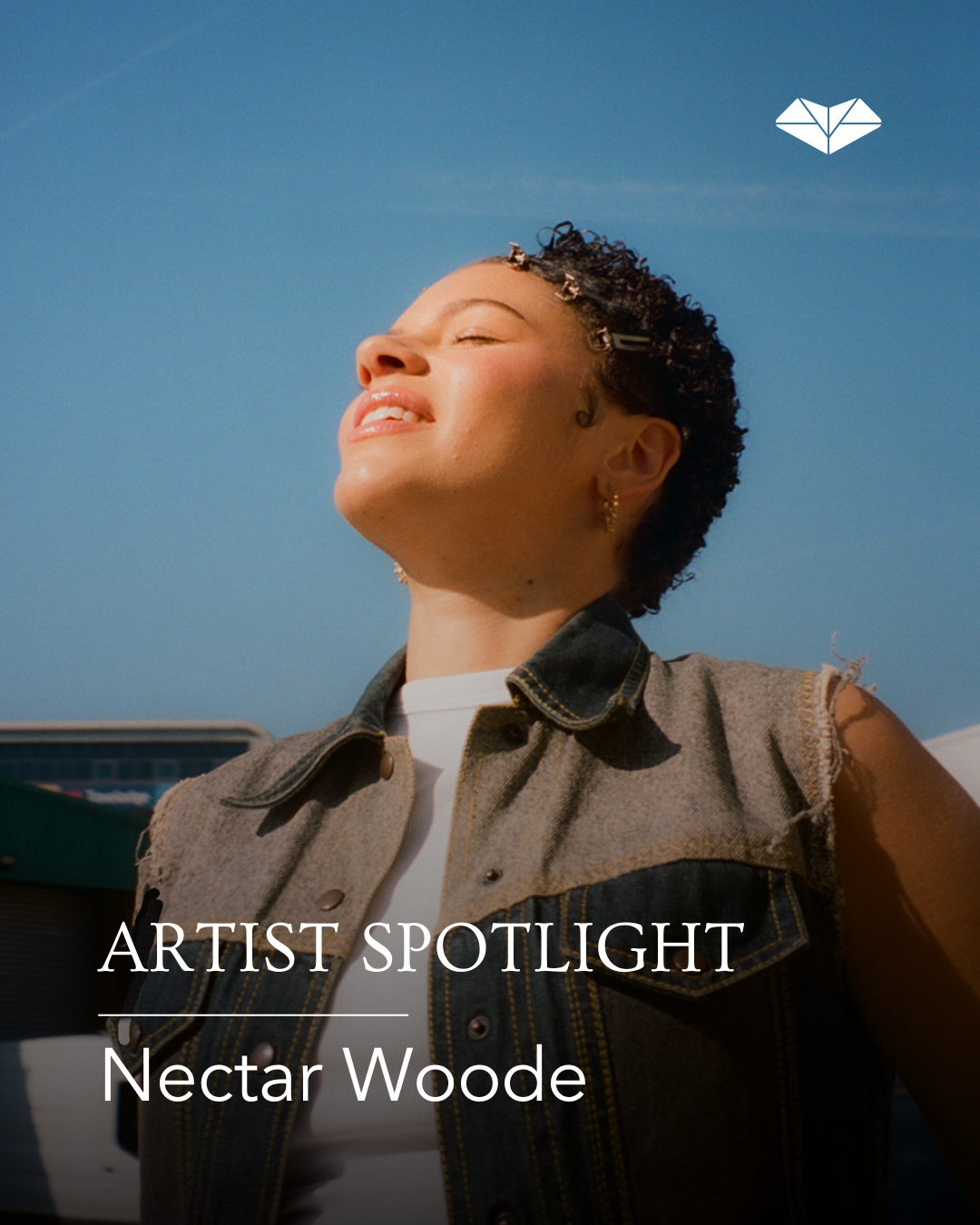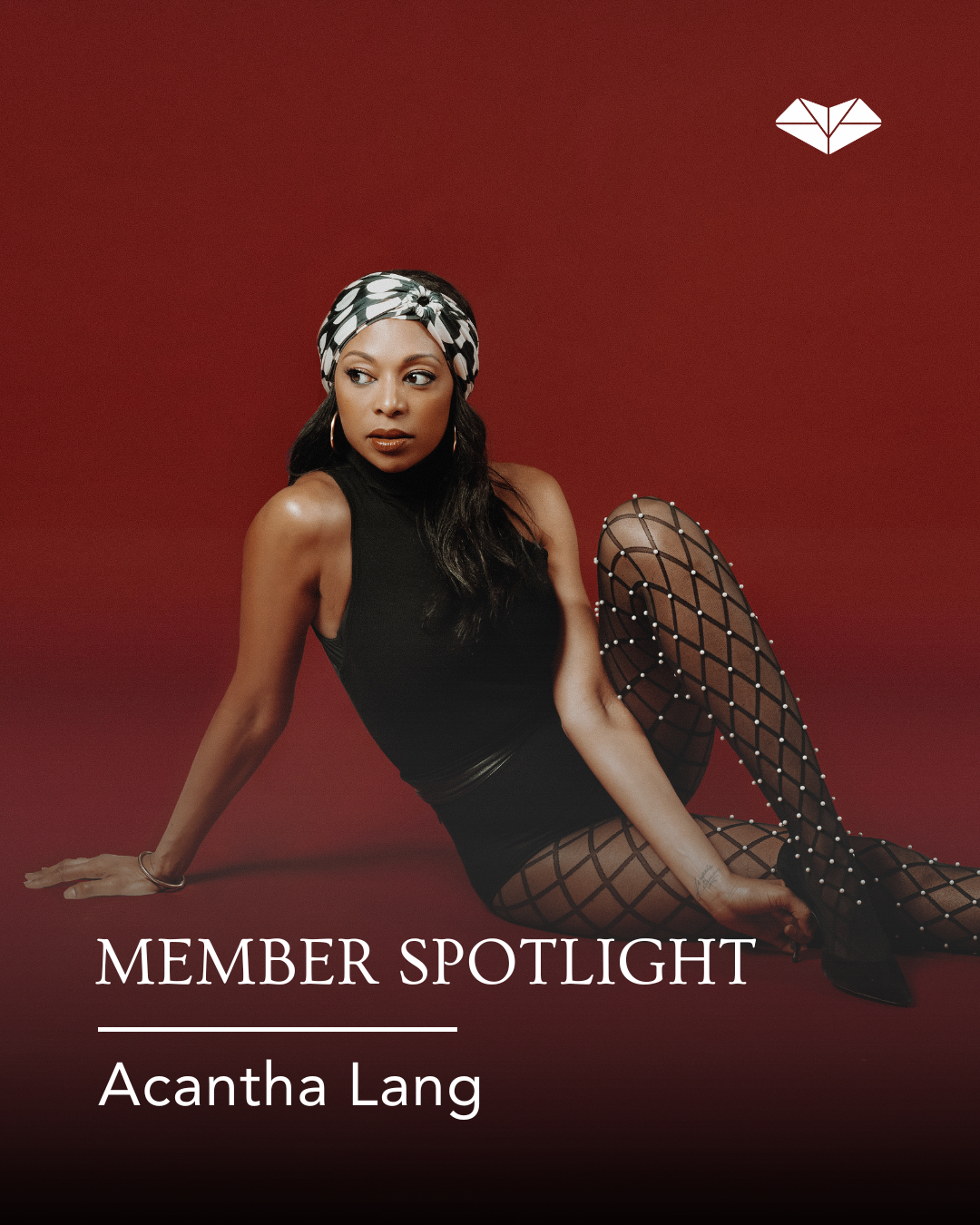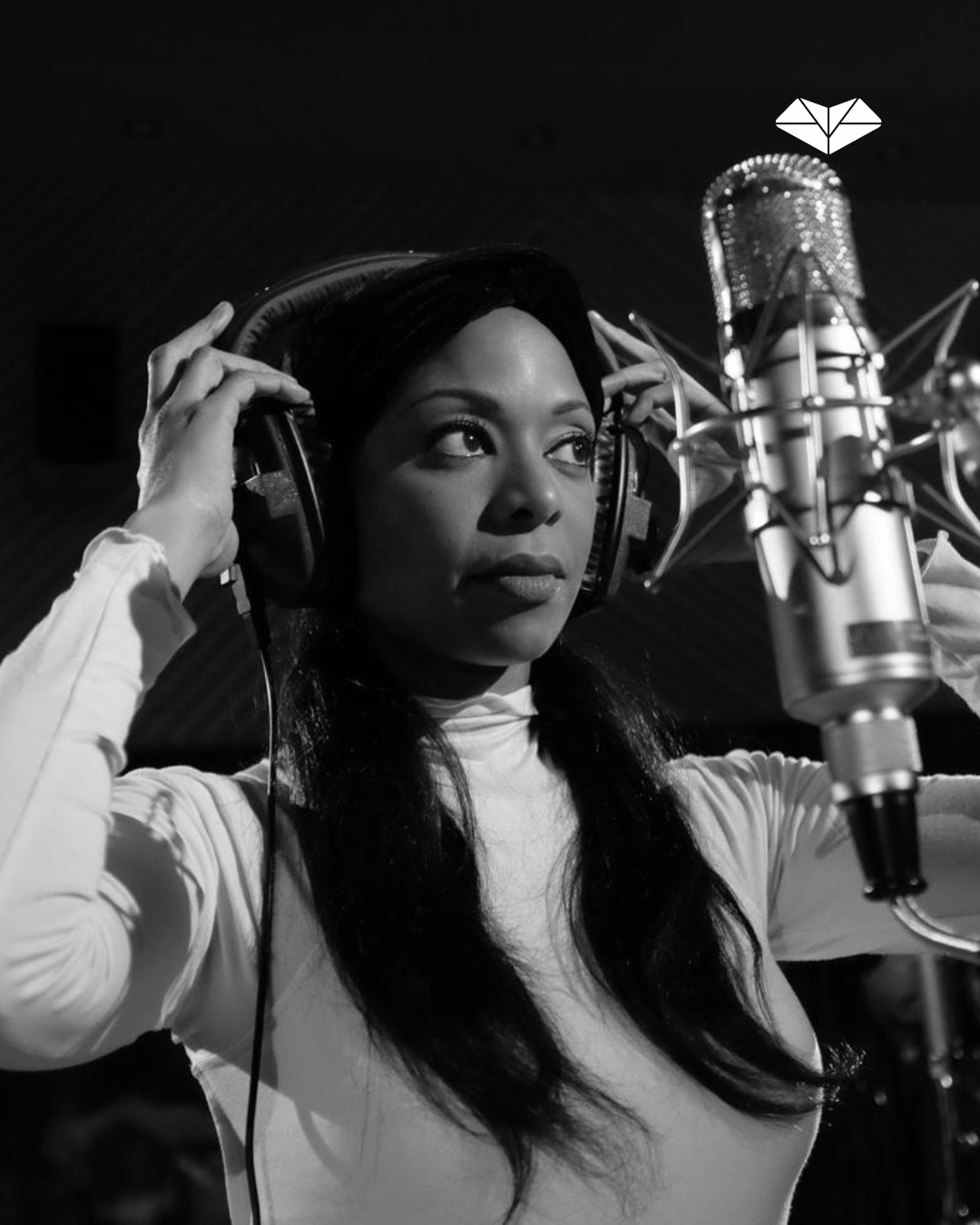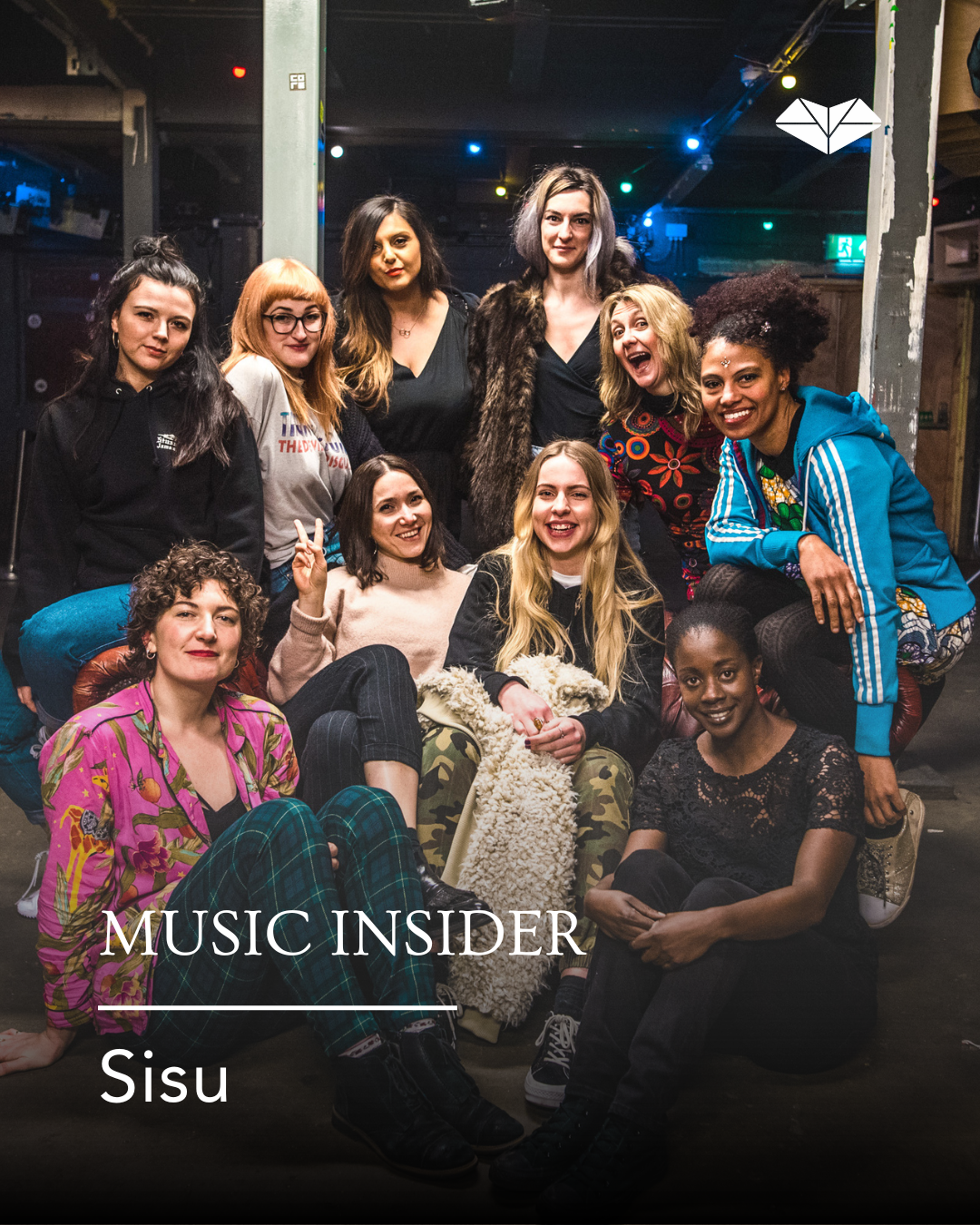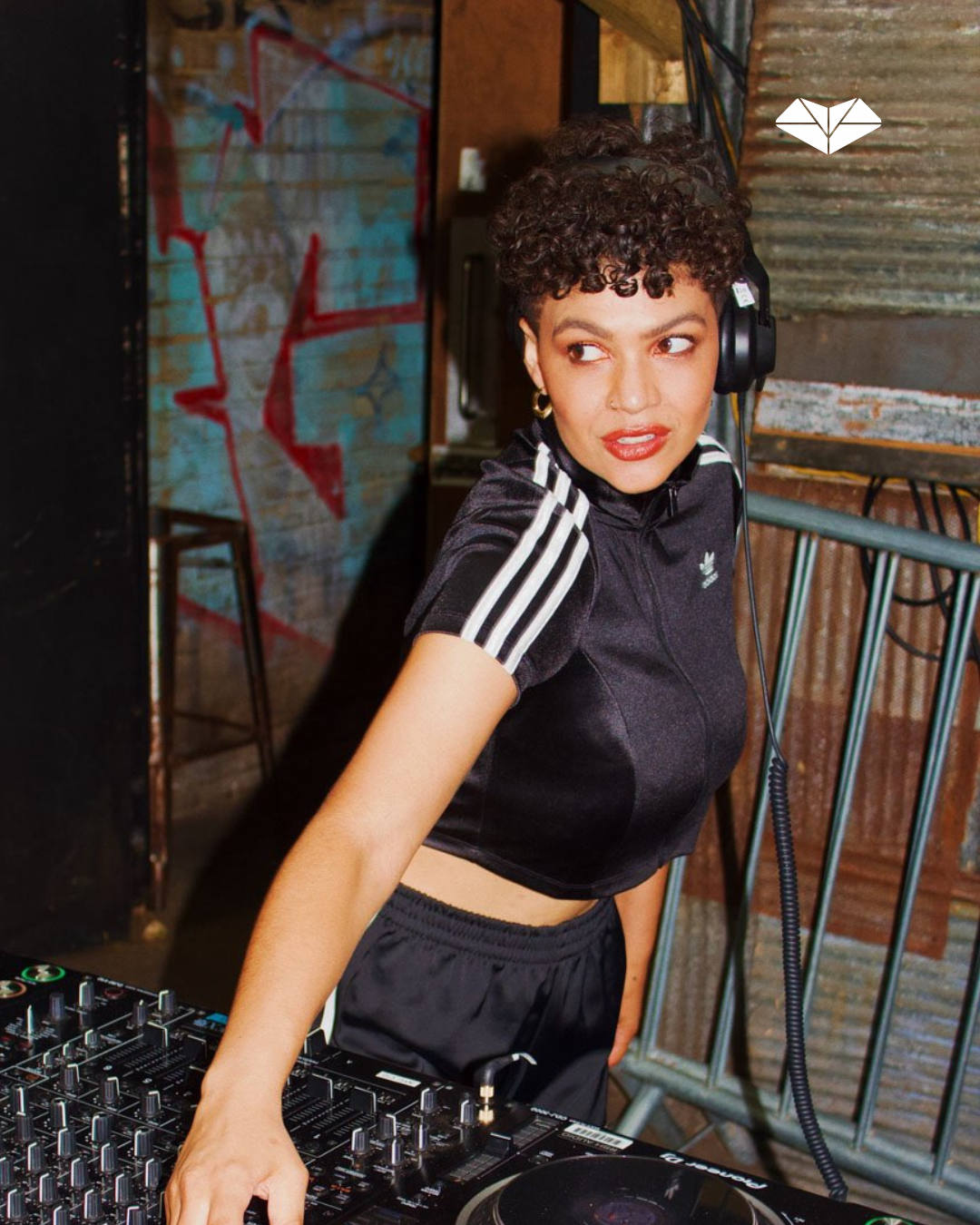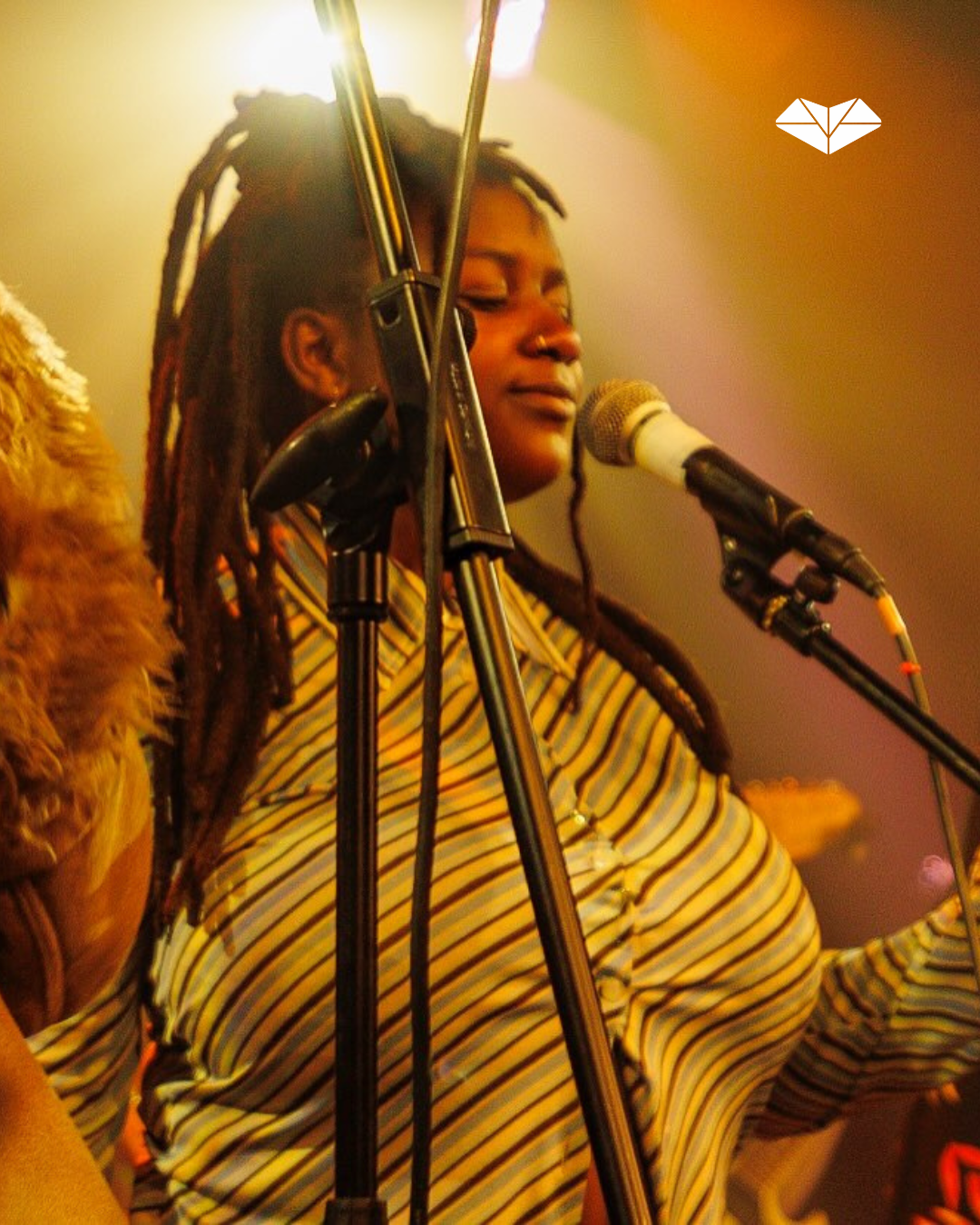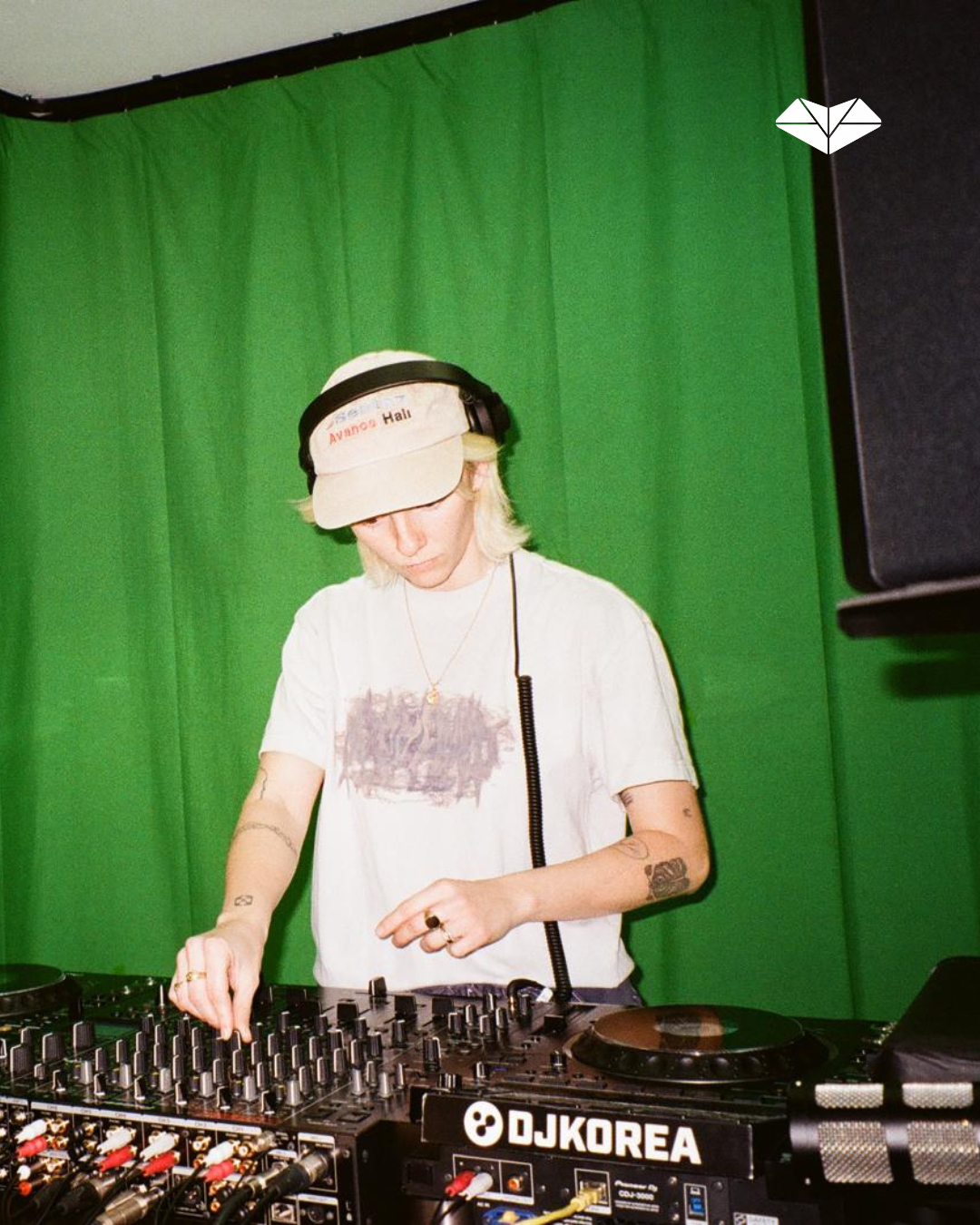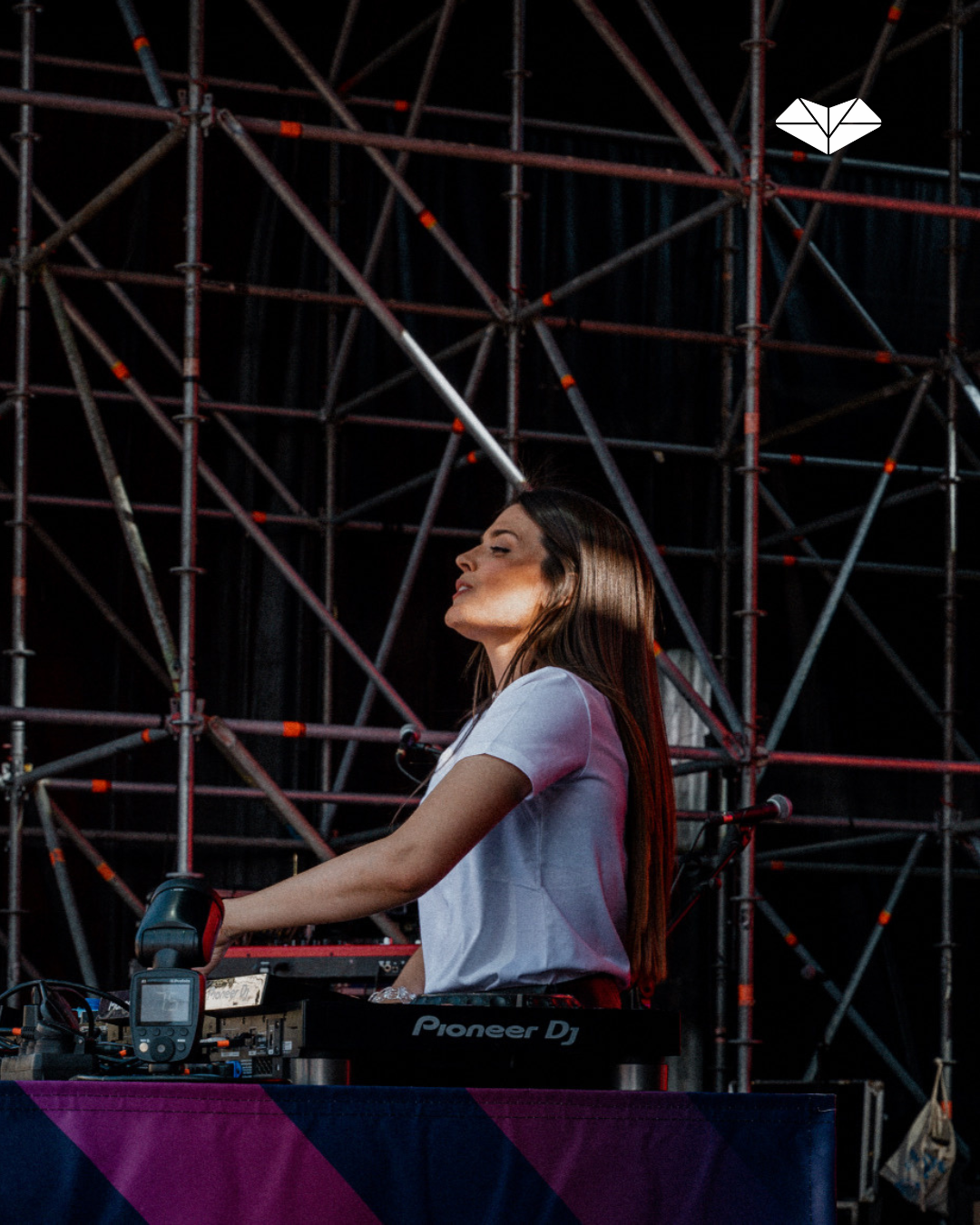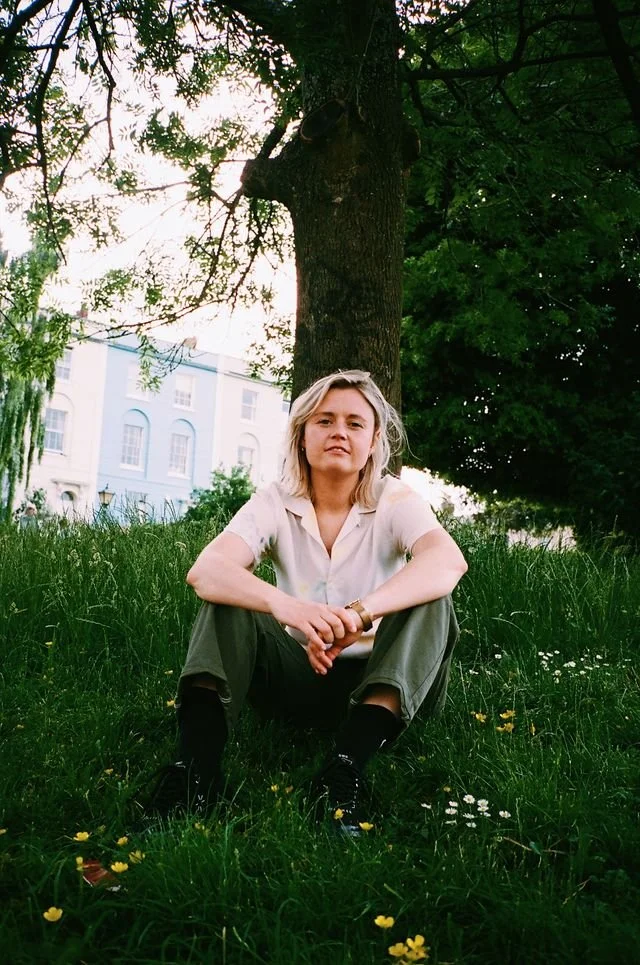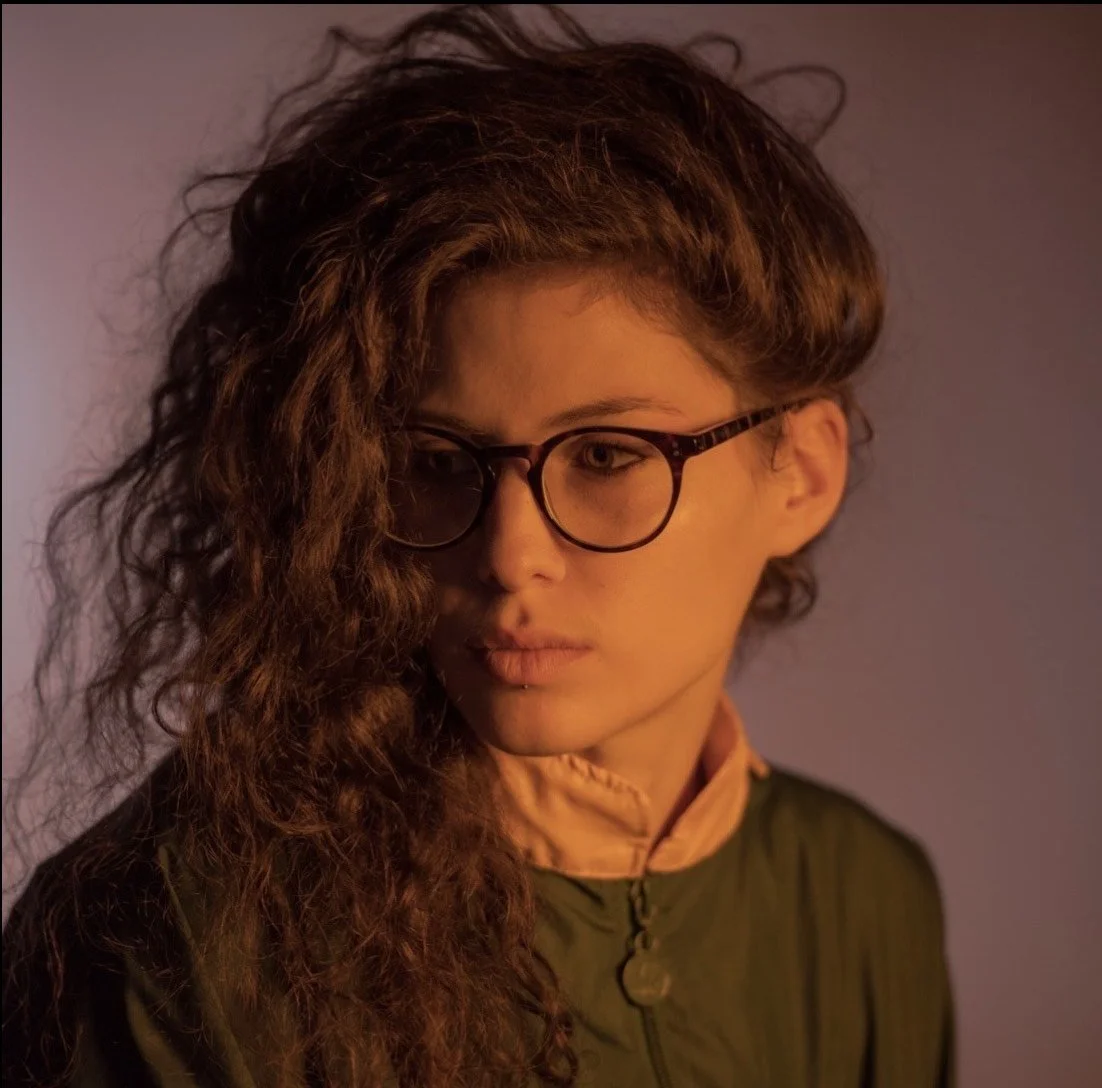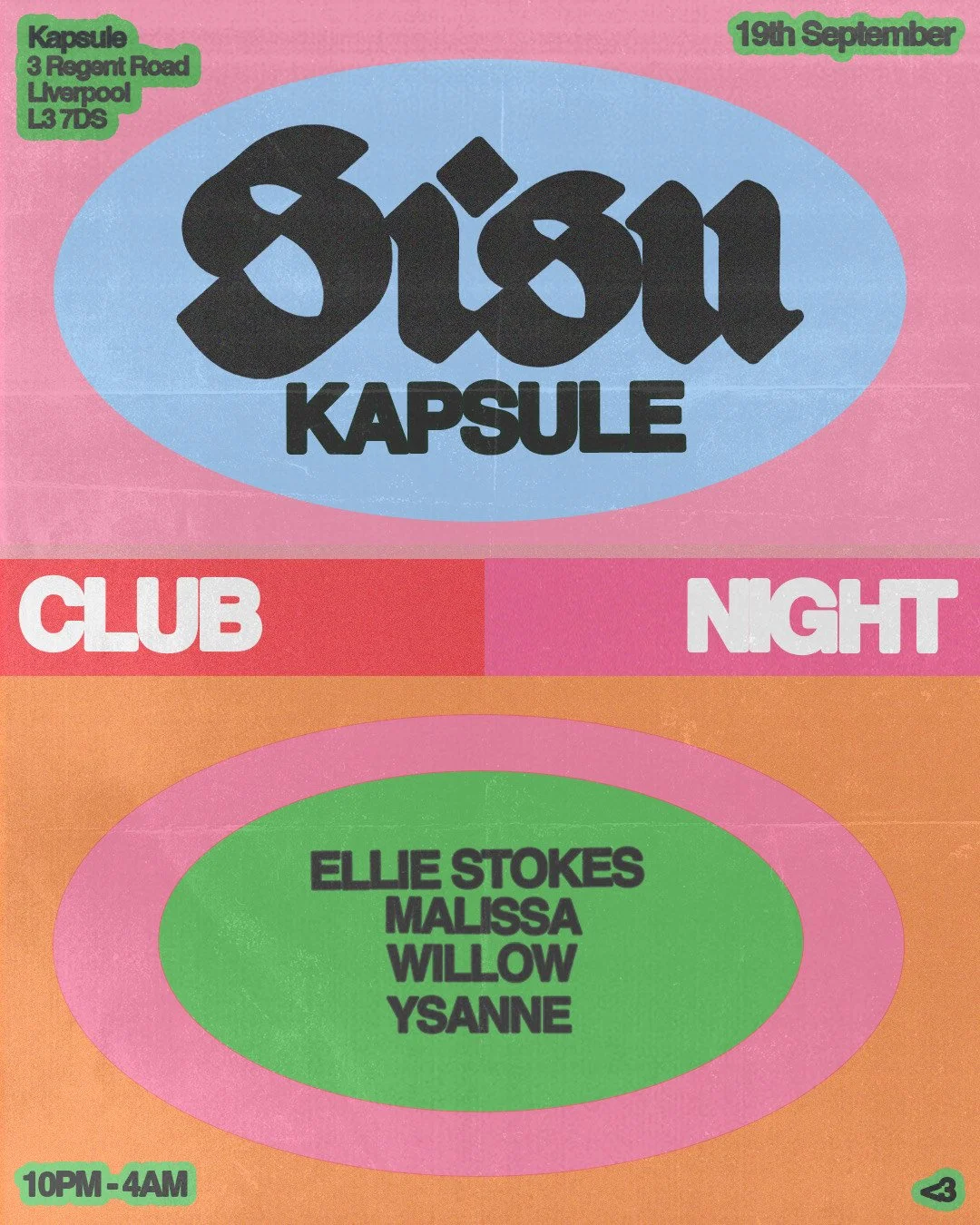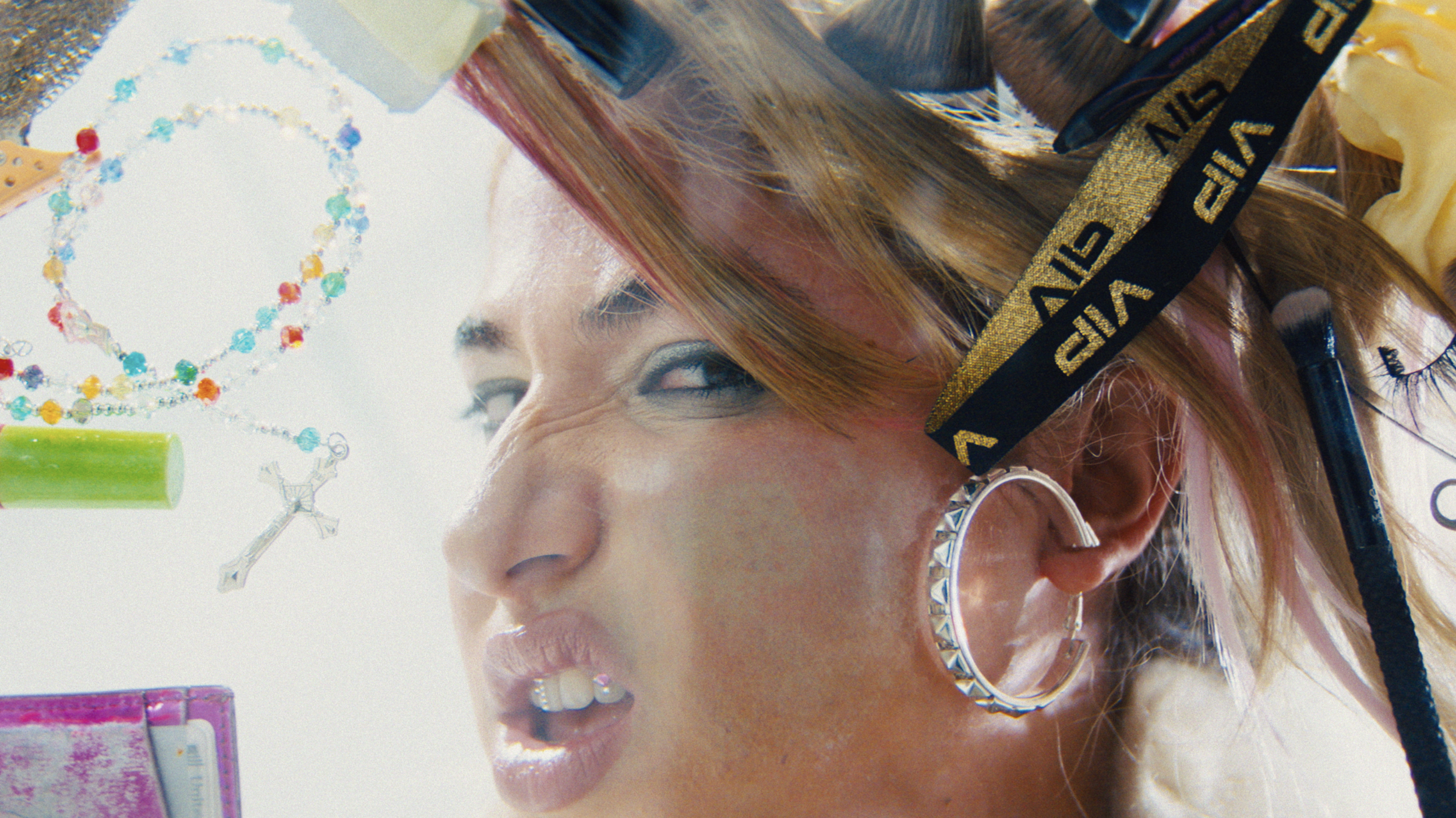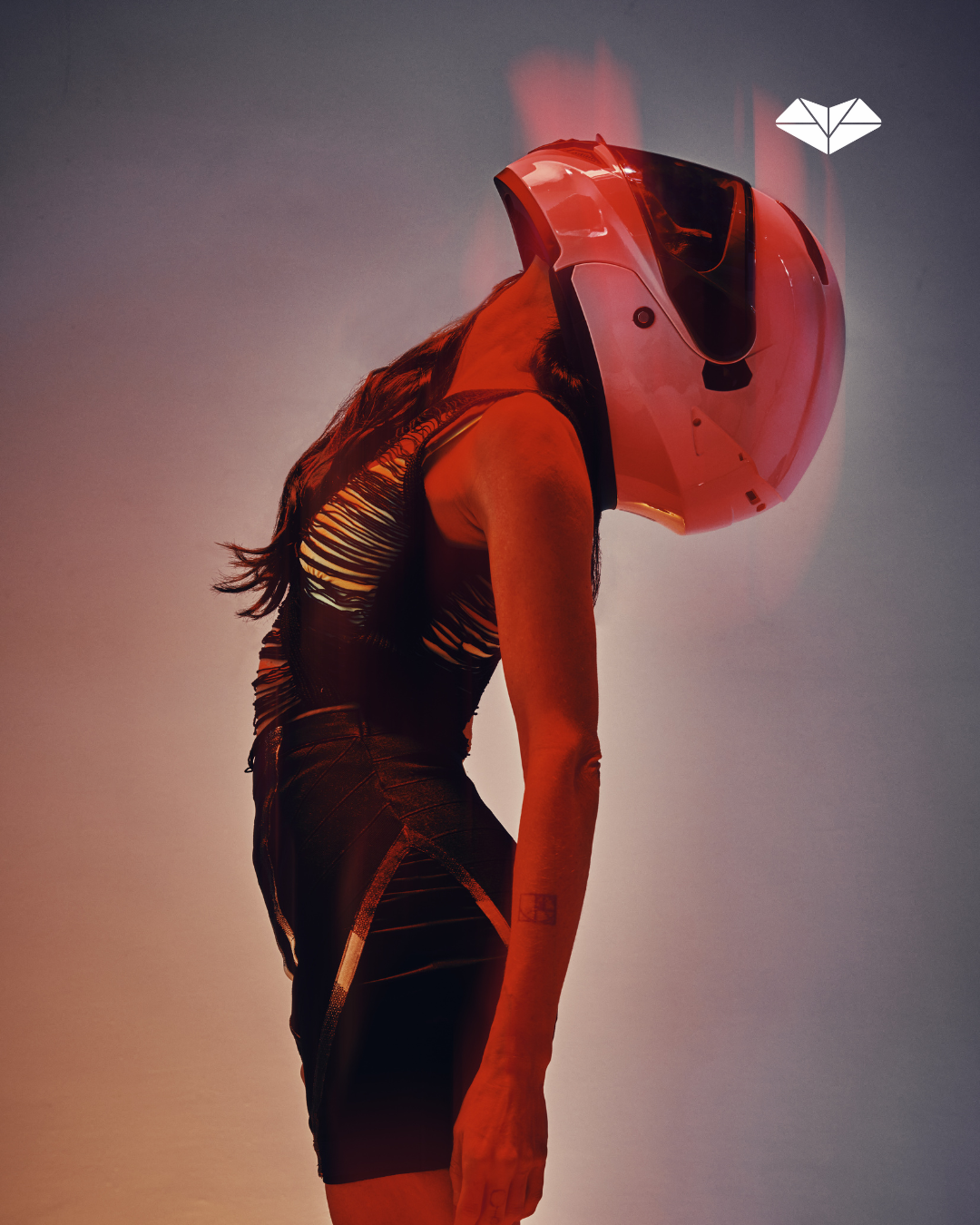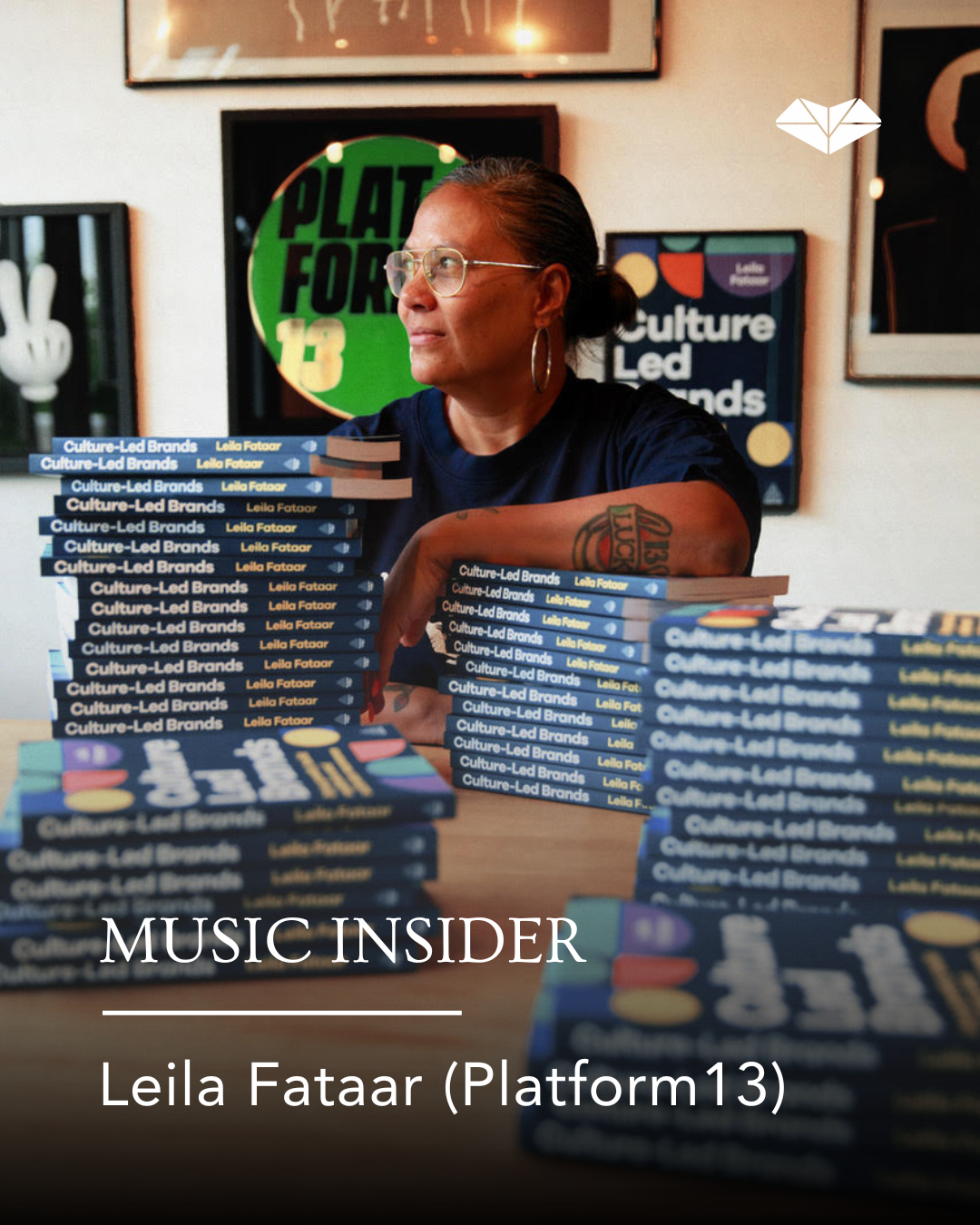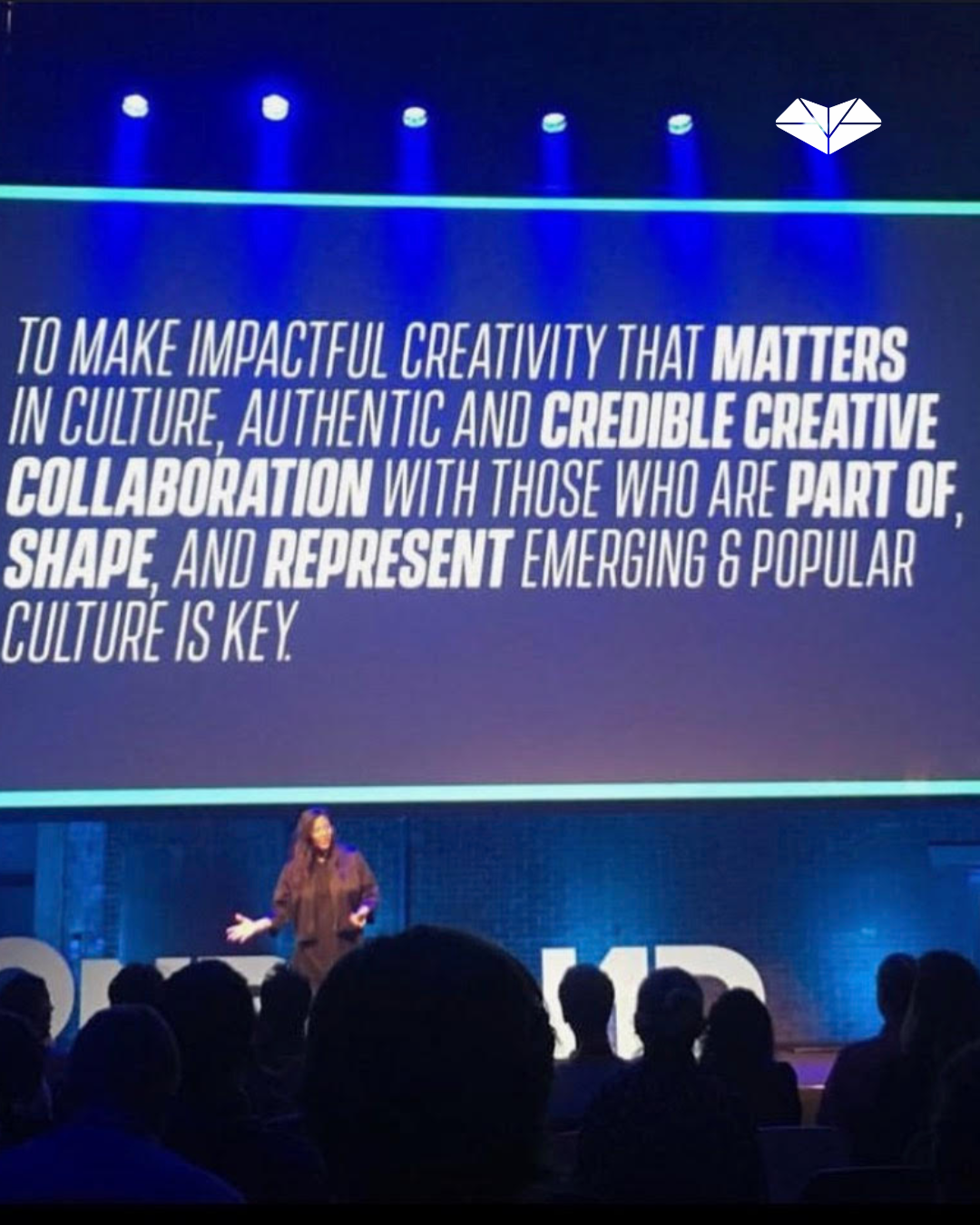Photo credit: Özge Cöne
Japanese vocal artist Hatis Noit returns with Aura Reworks, a collection that invites a circle of collaborators to reinterpret her acclaimed 2022 debut Aura. Originally composed using only her own voice, Aura drew on influences from Japanese Gagaku, Bulgarian folk, opera and Gregorian chant to create a sound that felt both ancient and contemporary.
For Aura Reworks, Hatis Noit opens her work to a new dialogue featuring Laraaji, Jlin, Matthew Herbert, William Basinski, Armand Hammer with Preservation, Alex Somers, Yu Su and Emel. Each artist translates her voice through their own perspective, creating a series of reimaginings that move across genre, geography and emotional register.
Laraaji’s version of “Aura” floats through zither and kalimba, Jlin transforms “A Caso” into taut rhythmic patterns, and Armand Hammer’s verses on “Jomon” connect New York’s underground with echoes of Japan’s prehistoric past. Basinski’s “Inori” introduces fragile piano lines recorded near Fukushima, turning a moment of loss into reflection.
Born in Shiretoko, Hokkaido and now based in London, Hatis Noit is a self-taught performer whose range spans from operatic resonance to avant-garde experimentation. She has found fans in David Lynch, who invited her to perform at his Manchester International Festival showcase, and Rick Rubin, who featured her in his Showtime documentary Shangri-La. Her live performances at Womad, Rewire, Le Guess Who?, Big Ears, Mutek Montréal and Wonderfruit have drawn standing ovations, with The Guardian describing her as an artist who “moves audiences to tears.”
Following a short pause after the birth of her first child, Aura Reworks marks both her return and her expansion. The album connects her voice to a wider collective of artists united by curiosity and deep listening, reaffirming her place as one of the most distinctive vocal artists working today.
Many remix albums can feel like an afterthought, but Aura Reworks plays more like a dialogue between lineages and geographies. Was your intention to create an album of conversation rather than one of simple reinterpretation?
My usual creative process is very solitary, so I wanted Aura Reworks to be the opposite — a work born out of dialogue. But not dialogue in the sense of physically being together and exchanging words; rather, our shared exploration through the voice across time and space feels like a conversation in itself.
What has been the most valuable lesson you’ve learned so far in your artistic journey that you would want to share with emerging artists?
When I was making my debut album Aura, my producer Robert Raths told me: “Don’t look for who you want to be — find out who you are.” That remains the most important axis for me as an artist to this day.
Building artistic communities can be as important as the work itself. From your own journey, what have you learned about finding and sustaining the right collaborators and allies in the music world?
The most important thing is to be authentic with myself first. Once I’m able to be, the connections I need will come — naturally, and in their own time.
What practices or rituals help you return to balance after an intense day of work or performance?
Going for a walk, cooking, swimming and meditation. And since giving birth, I’ve also taken up knitting — it has become the perfect ritual for self-regulation.
Photo credit: Giorgio Perottino
What advice would you give to artists trying to find their way in today’s music industry, particularly those working outside the mainstream?
Have the courage to be alone sometimes in order to truly know yourself. Don’t be afraid of solitude.
Listening is often where ideas begin. Which recordings, voices or sound worlds are currently shaping the way you think about your own music?
Since traveling there this summer, I’ve been listening to Okinawan folk and court music a lot, introduced through their local radio. The fact that sometimes I can’t even understand their dialect only makes it more wonderful.
Interview by ninakeh
Photo credit: Robert Raths




